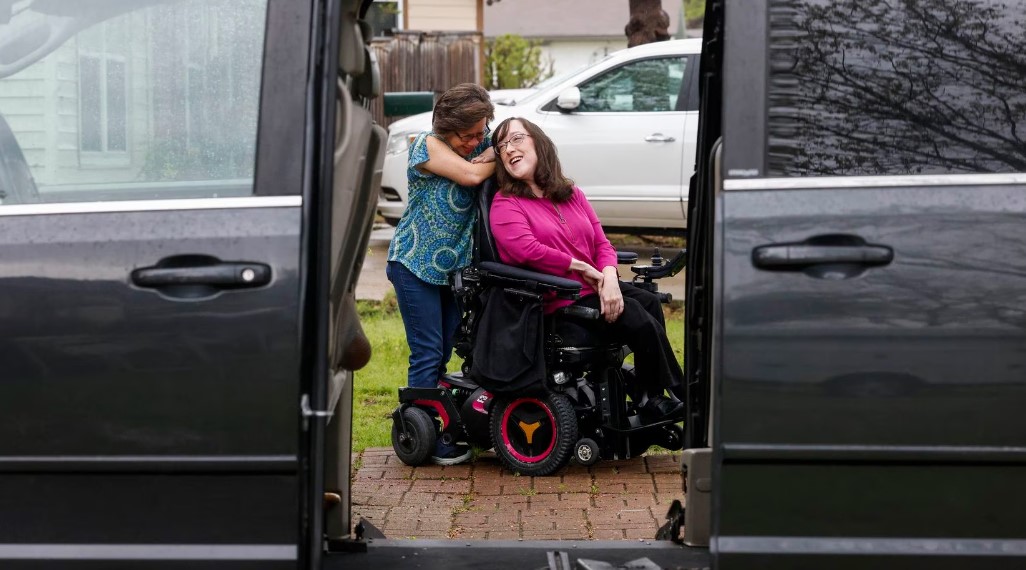Low-Wage Personal Care Attendants in Texas Receive Incremental Raise in Medicaid Base Pay, Advocacy Efforts Continue

Disabled and elderly Texans relying on low-wage personal care attendants to remain in their homes will see a substantial increase in their Medicaid base pay, a significant development emerging from the House-Senate agreement on the state budget for the next two years. The attendants would receive a 31% raise, with their base pay rising from $8.11 to $10.60 per hour, as announced by the 10-member budget conference committee this week. However, considering the wage stagnation spanning over a decade, advocates who were pushing for a larger boost expressed disappointment.
Dennis Borel, the executive director of the Coalition for Texans with Disabilities, expressed his dismay, stating, “It’s very disappointing.” Advocacy groups like AARP Texas joined Borel’s organization in advocating for a base wage increase to $15 per hour next year, followed by a further raise to $17 per hour in fiscal 2025. They pointed out how fast-food restaurants now offer hourly rates as high as $20 to attract workers. Home health agencies and disabled and elderly individuals choosing consumer-directed services, where they hire their own attendants, have encountered challenges in finding help due to the current low base pay and lack of benefits.
The responsibilities of attendants encompass dressing and bathing clients, performing household chores such as cleaning and cooking, and running errands. Lubbock GOP Senator Charles Perry highlighted their significance, stating, “Their financial contribution to the state is quantifiable, but their contribution to the dignity and independent living of those in need of a little help is priceless.” Although Perry supported the effort to nearly double the base pay rate in this session, he acknowledged that more work needs to be done when the legislature reconvenes in 2025.
Dennis Borel emphasized that the $2.49 hourly increase in base pay falls short of achieving a competitive wage. The decisions made by lawmakers are particularly disheartening because the session began with the state enjoying a record-breaking $32.7 billion revenue surplus, Borel pointed out. Over 302,000 low-income Texans rely on attendants paid through Medicaid community care programs, which not only helps them avoid potentially higher costs associated with hospitals or nursing homes but also enables them to receive care in their own homes.
The shortage of attendants has prevented many eligible individuals approved for in-home services by Medicaid from receiving the necessary support, as providers have voiced their concerns. While progress has been made in increasing pay rates for state employees and the attendant care workforce during this session, Borel stressed the need for further action in the future to establish a truly competitive wage. The decision reached by lawmakers highlights the ongoing challenges faced by low-wage personal care attendants and the imperative to address their compensation to ensure quality care for disabled and elderly individuals in Texas.


